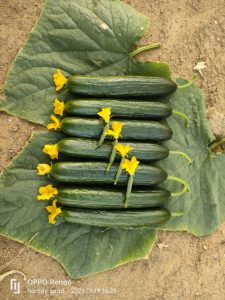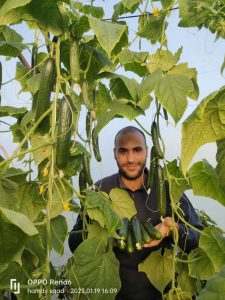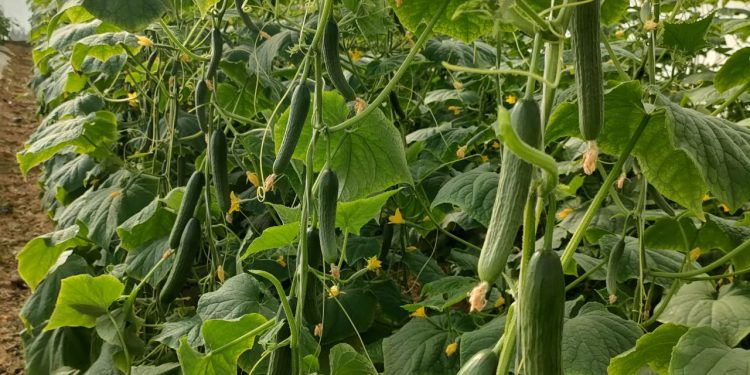In the ever-evolving agricultural landscape, the introduction of innovative crops is essential for ensuring productivity and sustainability. One such development is the Eclipse cucumber, noted for its remarkable productivity and exceptional tolerance to cold and fungal diseases. This variety, backed by BASF Nunhems vegetables, offers promising opportunities for investors and entrepreneurs in the agricultural sector, particularly those interested in sustainable vegetable cultivation.
The Eclipse cucumber stands out due to its high yield potential and resilience, making it an ideal choice for farmers facing challenges such as fluctuating temperatures and disease pressure. As climate variability continues to impact agricultural practices, the need for crops that can thrive under adverse conditions becomes increasingly critical. The ability of Eclipse cucumbers to withstand cold temperatures and resist fungal diseases positions them as a viable option for growers aiming to enhance their production capabilities while minimizing the risk of crop loss.

The collaboration between BASF Nunhems and Roaia for Agricultural Development further emphasizes the commitment to advancing agricultural practices through innovative breeding and development techniques. This partnership aims to promote the use of sustainable methods that align with environmental stewardship, making it an attractive proposition for investors looking to support eco-friendly agricultural solutions.
As the demand for fresh, locally grown produce continues to rise, crops like Eclipse cucumbers not only fulfill market needs but also contribute to sustainable farming practices. Their successful cultivation can lead to increased profitability for farmers and greater food security for communities. For investors and entrepreneurs, this represents a compelling opportunity to engage with a sector that prioritizes innovation and sustainability.
In summary, the Eclipse cucumber, with its high productivity and resistance to environmental challenges, presents an exciting opportunity for those in the agricultural industry. By focusing on such resilient varieties, stakeholders can contribute to a more sustainable and profitable future in vegetable farming.











